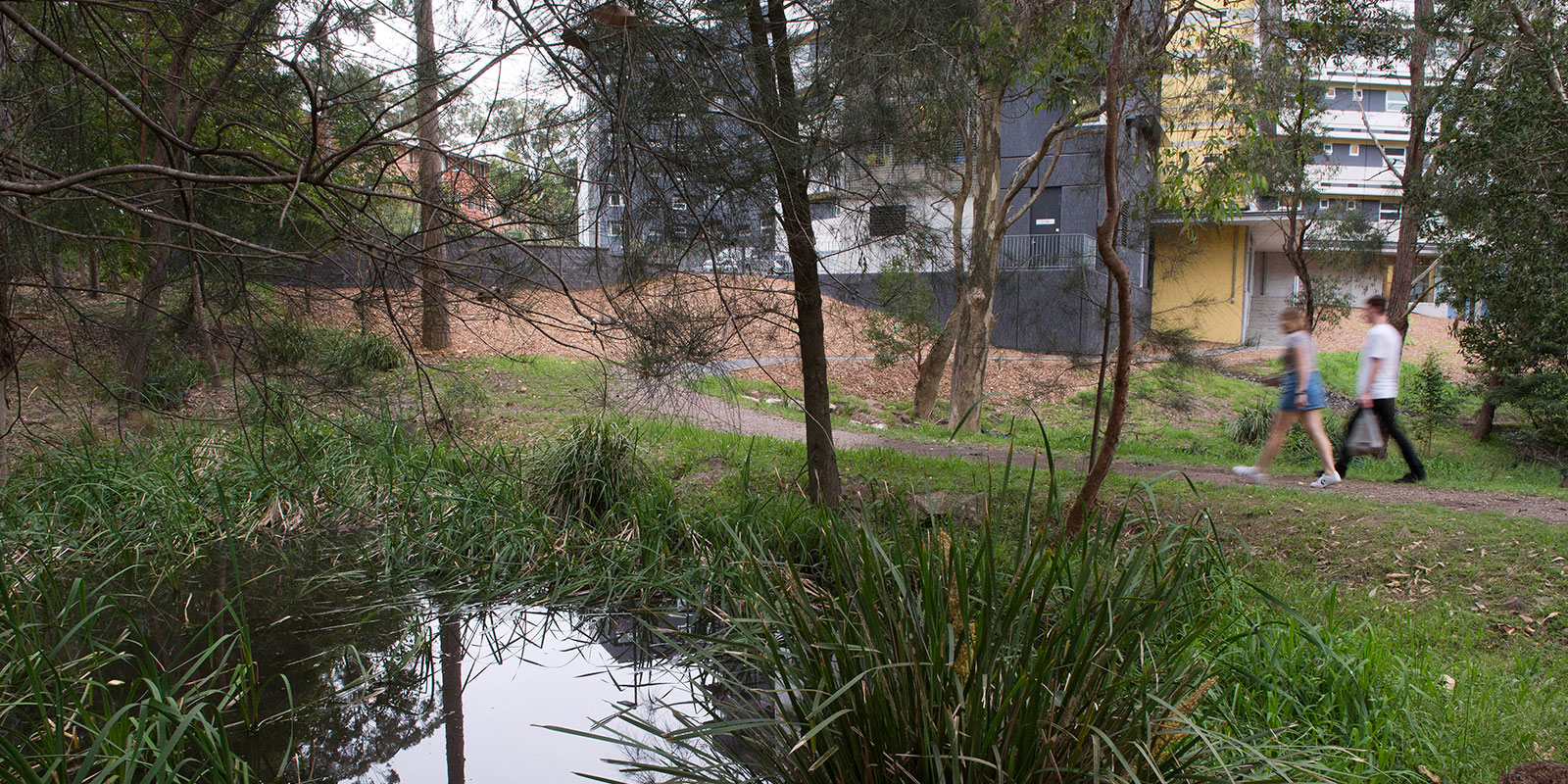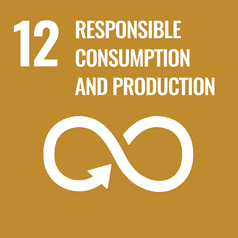

Goal 12:
Responsible Consumption and Production
Minimisation Policies Extended to Suppliers
The University of Newcastle’s policies explicitly extend to outsourced suppliers (e.g. of equipment, stationery, building contractors) through the non‑cost evaluation criteria in Section 7, Clause 16 of the Procurement Policy, including sub‑clauses d and e. This policy was effective from the 15th of September 2023 and was reviewed in March 2025.
Here’s how that assurance plays out in policy and in practice:
Policy basis: Clause 16.d & 16.e and the reach to outsourced suppliers
- Under Section 7 – Procurement Principles, Clause 16 states that, in assessing value for money, the University will “give consideration to” non‑cost factors where practical. Specifically:
These criteria apply to any supplier being evaluated, including those supplying equipment, stationery, or engaged for building works.
- Because equipment, stationery, and building contracts fall under “goods and services” procurement (covered by the policy’s Scope clause), these supplier obligations naturally extend to those categories in the supply chain.
- The policy also requires that suppliers be evaluated on “products containing materials that are produced and distributed in a sustainable and ethical manner” (Clause 16.a) which reinforces that suppliers of tangible goods must consider sustainable material sourcing too.
The policy’s non‑cost criteria are not abstract ideals, but concrete expectations placed on all suppliers, including those in outsourced or supply chain roles.
Practical implications (2024)
Because of this policy framework:
- When tenders or requests for proposals (for equipment, stationery, or building contracts) are designed, the evaluation criteria include energy efficiency, environmental impact, and stewardship / disposal responsibilities. Suppliers are asked to submit evidence or commitments showing how they meet these standards.
- Vendors are often required to commit to product take‑back, recycling, or stewardship schemes (i.e. end-of-life programs) for the equipment they supply, so the University is not left with waste liability at end of life.
- Suppliers are expected to demonstrate energy minimisation in their operations, manufacturing, or logistics to reduce embedded carbon or environmental harm.
- Contract performance provisions may include monitoring and reporting on environmental performance, energy consumption, and lifecycle waste management.
- For building contracts, contractors and subcontractors are required to deliver outcomes consistent with sustainability expectations (e.g., efficient design, waste minimisation, recycling, responsible materials) because the contract is assessed against those broader procurement principles.
The University of Newcastle acknowledges the traditional custodians of the lands within our footprint areas: Awabakal, Darkinjung, Biripai, Worimi, Wonnarua, and Eora Nations. We also pay respect to the wisdom of our Elders past and present.